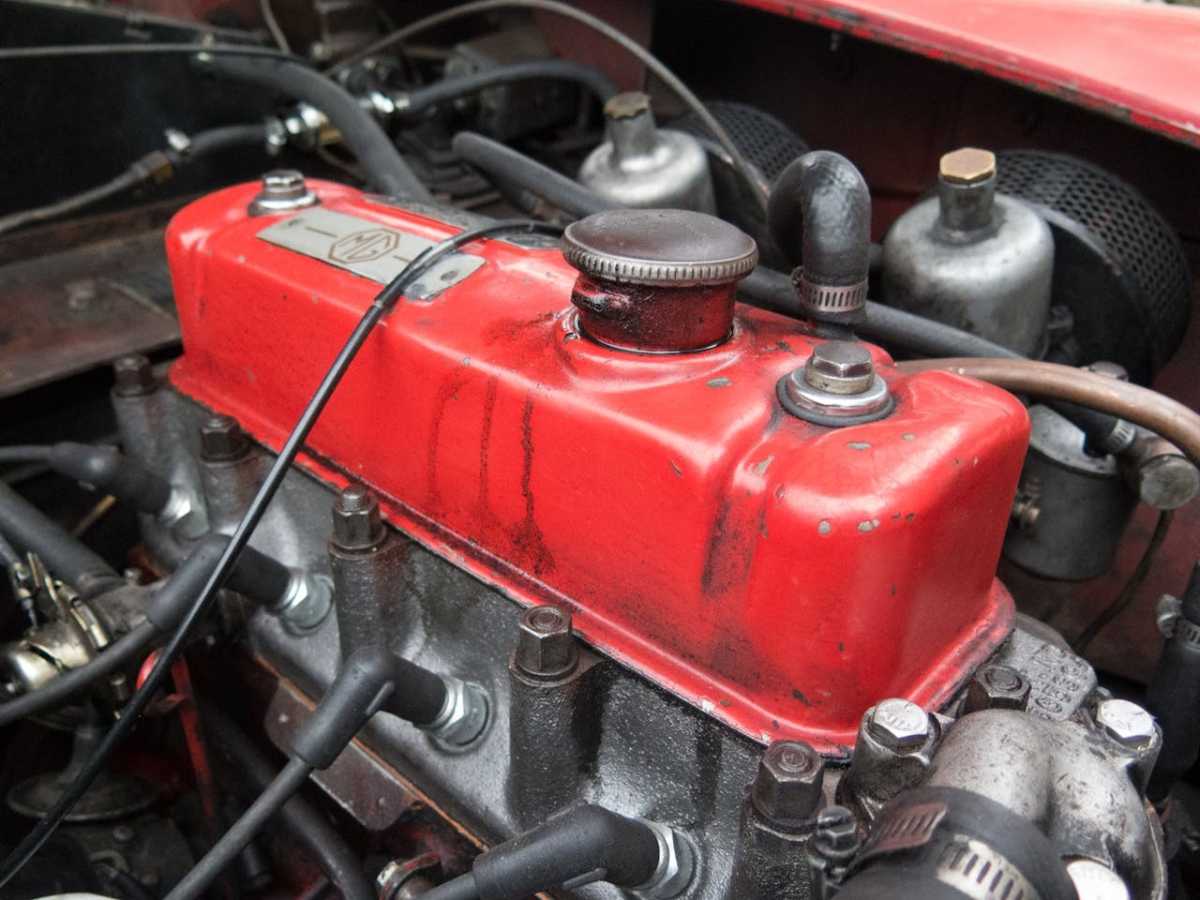Everything You Need To Best Care For A Diesel Engine

Caring for a diesel engine requires diligence and attention to detail to ensure optimal performance.
Caring for a diesel engine requires diligence and attention to detail to ensure optimal performance and longevity. Diligent maintenance and close attention to detail are necessary for diesel engines, which power your automobile, machinery for agriculture, and emergency generators. Maintaining optimal efficiency is important, but it's also important to safeguard against unexpected breakdowns and expensive repairs that could lead to significant downtime. From fuel additives to regular servicing, here's everything you need to know to best care for a diesel engine.
Regular Fuel System Maintenance
The fuel system is the heart of any diesel engine, responsible for delivering fuel to the combustion chambers for ignition. To guarantee appropriate fuel delivery, combustion, and engine performance, routine maintenance of the fuel system is necessary. This includes inspecting and replacing fuel filters at recommended intervals to prevent contaminants from entering the engine.
Diesel fuel naturally contains impurities that can accumulate over time, leading to clogged filters and reduced fuel flow. Regularly replacing gasoline filters helps guard against fuel starvation and guarantees reliable engine performance. Furthermore, checking fuel lines and connections for damage and leaks makes preventing gasoline leaks that might risk safety and affect engine performance easier.
Engine Oil Changes
Just like gasoline engines, diesel engines require regular oil changes to maintain proper lubrication and protect internal components from wear and tear. It is important to use premium diesel engine oil that complies with the manufacturer's recommendations because diesel engines frequently work in more demanding environments than gasoline engines. To provide the best lubrication and engine protection, regular oil changes help eliminate impurities and maintain the viscosity of the oil.
It's also crucial to replace the oil filter during an oil change to get rid of trapped contaminants and prevent them from running through the engine. Neglecting oil changes can reduce an engine's longevity, increasing friction, heat, and wear on engine components.
Cooling System Maintenance
Diesel engines generate a significant amount of heat during operation, making the cooling system critical for preventing overheating and maintaining proper operating temperatures. Checking coolant levels, looking for leaks or damage in hoses and connections, and routinely cleansing the system to get rid of any collected debris or impurities are all aspects of routine cooling system maintenance.
The coolant mixture and concentration must be adjusted for the cooling system to effectively dissipate heat and prevent corrosion. Over time, coolant can become contaminated or lose its effectiveness, which can lower cooling efficiency and raise the chance of engine damage.
Turbocharger Maintenance
Many modern diesel engines are equipped with turbochargers, which increase power and efficiency by compressing air before it enters the combustion chambers. To maintain engine performance and avoid expensive problems, the turbocharger needs to be regularly maintained. This includes monitoring oil pressure and levels, properly lubricating moving components, and routinely inspecting the turbocharger for wear or damage.
Because they run at high temperatures and speeds, turbochargers are susceptible to wear and failure if they are not properly maintained. Regular maintenance can help identify problems early and prevent catastrophic failures that could sideline your diesel engine.
Air Intake System Maintenance
The air intake system plays a crucial role in delivering clean, filtered air to the engine for combustion. Routine maintenance facilitates the best possible airflow, engine performance, and fuel efficiency. This includes inspecting and replacing air filters at recommended intervals to prevent contaminants from entering the engine and causing damage.
Airflow to the engine is restricted by dirty or clogged air filters, which raises contaminants and engine wear while decreasing power output and fuel efficiency. You can guarantee your diesel engine runs efficiently and breaths clean air by routinely checking and replacing air filters as needed.
Fuel Additives for Cold Weather
Diesel fuel can gel or wax at low temperatures in cold climates, causing issues with fuel flow and engine performance. However, fuel gelling can be avoided, and reliable engine performance can be achieved even in below-freezing temperatures by using a diesel fuel additive formulated for cold weather. These additives lower diesel fuel's pour point, keeping the fuel from thickening and clogging fuel filters and lines.
During winter months or in cold climates, adding an antigel diesel fuel additive to your fuel tank can help protect your engine from cold weather and ensure it starts reliably in sub-zero temperatures. These additives enhance the cold flow properties and avoid fuel gelling, so your diesel engine can run smoothly and effectively in any weather.
Conclusion
In conclusion, caring for a diesel engine involves a combination of regular maintenance tasks and the use of specialized products to ensure optimal performance and longevity. Being proactive with maintenance is essential to avoiding expensive repairs and downtime, from fuel system maintenance to cooling system checks and turbocharger inspections. By following a comprehensive maintenance routine and using the right products for your diesel engine's needs, you can enjoy reliable performance and extend the lifespan of your valuable equipment.



